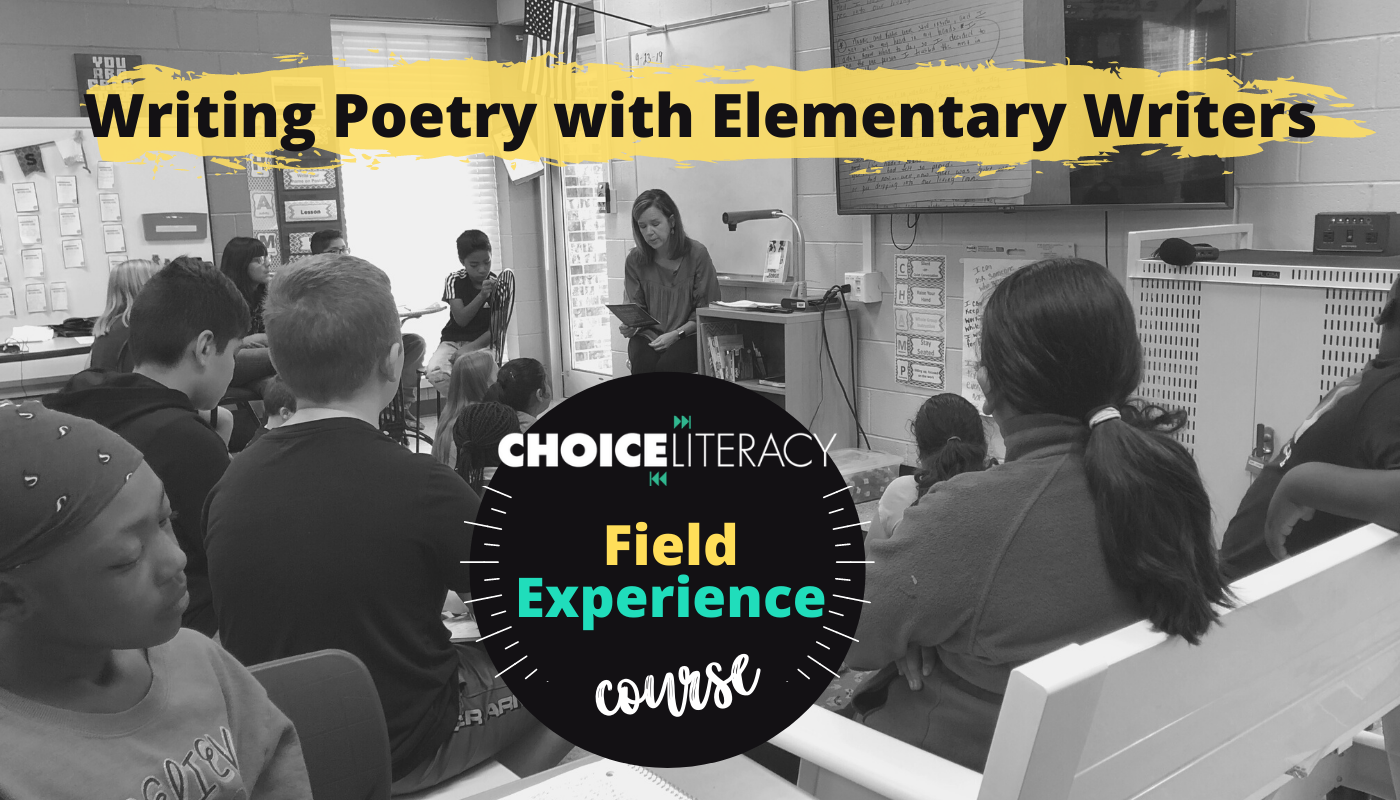I did then what I knew how to do. Now that I know better, I do better.
—Maya Angelou
The Many Nuances of Learning
For those of you who don’t know, I’m a Hoosier. Not only am I an alumna of Indiana University, home of the Hoooooo-siers, but I’ve been an Indiana kid my whole life. Most of the Big Fresh lead essays are written from the heartland.
Recently, Indiana was another state to adopt strict reading legislation. On the day everyone was talking about it, I stayed quiet. There are too many extremes for my taste, and the arguments full of half-truths make my stomach churn. I am grieving the way educators are feeling guilty and questioning their ability to help students gain skills and confidence as readers.
My heart was heavy until I began thinking about our Choice Literacy contributors. Many of them are from states with strict reading legislation, and they have been navigating the “Reading Wars” for years. They do it with grace and intention by providing solid reading instruction and elevating the joy that is natural when reading lives are authentic.
As important as the science of instruction is to teaching, let’s not forget that the art of instruction is unequivocally necessary. No two children are the same, which means no two readers need the exact same instruction. Our knowledge of the science of instruction is greater than it has ever been, and Choice Literacy helps us hold on to the heart of teaching, which is needed more than ever. You can count on Choice Literacy to shine a light on uplifting the choice and voice of readers, while taking into consideration the nuances of learning.
This week we look at the needs of our youngest readers—plus more, as always. I hope your soul is refreshed, as mine has been.
Shine on,
Ruth Ayres
Editor in Chief

Cathy Mere finds that a Reading Ambassadors program pays big dividends in building confident and conversant young readers. This article was published in 2017.
Tara Barnett and Kate Mills find an ingenious way in the upper elementary grades to help their struggling readers develop fluency through read alouds. This article was published in 2017.
Many beloved characters from picture books are showing up in beginning readers, and in the process can lose a lot of their appeal. Shari Frost provides teachers with criteria for choosing between picture books or beginning readers. This article was published in 2014.
Avoid the Reading Wars in Your School: Starting Conversations about Core Literacy Practices and Science of Reading Information is a one-day workshop featuring Mary Brower, Bitsy Parks, Stella Villalba, and Jen Schwanke designed to inspire and lead participants in determining the next steps for bridging conversations about literacy instruction at their schools. You can also purchase the recordings on the live events section of our website.
Writing Poetry with Elementary Writers offers ways to help elementary writers develop the mindset and tools to dip into poetry in their notebooks.

New members-only content is added each week to the Choice Literacy website. If you’re not yet a member, click here to explore membership options.
Dana Murphy reminds us of five ways to teach fluency…especially when reading seems laborious.
Ruth Metcalfe shares a fun-loving and inspiring early reader booklist to help boost reading energy in her classroom library.
Lisa Mazinas suggests eight short phonemic awareness games that are quick and engaging word work opportunities.
In an encore video, Joan Moser helps Colin set a goal of working on accuracy.

New members-only content is added each week to the Choice Literacy website. If you’re not yet a member, click here to explore membership options.
Gigi McAllister uses classroom library ideas to create a school library that is comfortable and full of student ownership.
A NEW PD2Go focuses on supporting young readers in making sense of text. It pairs an article by Jennifer Court and a minilesson video by Katrina Edwards.
In an encore video, Clare Landrigan leads a demonstration small group of emergent kindergarten readers focused on inferring. They are reading Cookie’s Week. The lesson includes a prebrief and debrief with the teacher.
Quote It:
I have always imagined that paradise will be a kind of library.
—Jorge Luis Borges
That’s all for this week!





